N.W.A Reflects on Ice Cube’s Departure: Ego, Rumors & Reality
N.W.A’s rise from Compton streets to global controversy reshaped hip-hop forever — but one of the biggest turning points in their legacy came when Ice Cube left the group in 1989. In a newly resurfaced interview, members of N.W.A offered raw, unapologetic insight into Cube’s exit, industry rumors, and how the media shaped their public image.
The discussion reveals a group both frustrated and unfazed — addressing everything from gang stereotypes to label controversies and their fallout with Cube.
“He Was on an Ego Trip”: N.W.A Responds to Cube’s Exit
When asked directly about Ice Cube leaving, the group didn’t hold back:
-
“He was on an ego trip.”
-
“Number one, he was jealous of me.”
They dismissed rumors that Cube wrote most of the group’s lyrics, arguing that fans who truly understood the music would know who contributed what. While acknowledging Cube appeared first on a lot of records, the members insisted the creative weight was shared.
They made it clear that Cube’s departure wasn’t going to stop the momentum:
“When you hear a new N.W.A, you’ll see that we didn’t need the muthaf*a.”**
These comments captured the tension of the era — a group in full defiance mode, publicly firing shots while privately dealing with the shock of losing one of their strongest writers.
Rejecting the Gang Stereotype: “We Were Never Down With Gangs”
Throughout the interview, N.W.A showed irritation with the media’s obsession with linking them to gangs.
Despite their violent and street-driven lyrics, they pushed back:
-
“We never was down with gangs in the first place.”
-
“We here to make records… not to talk about gangs.”
-
“The streets deal with everything in society — not just one gang.”
Their message was simple: N.W.A was documenting the environment, not endorsing it. The group emphasized that the media fixated on gangs while ignoring the social conditions that created them.
Media Manipulation: “The Press Changes Everything Around”
N.W.A expressed frustration that interviews never reflected their real words:
“We’ve never read an article that said the sh*t we said.”
They believed mainstream media shaped them into caricatures — “four Black little motherf***ers from Compton with no sense” — even though they prided themselves on street intelligence and business savvy.
This constant misrepresentation fueled much of their hostility toward interviewers, evident throughout the transcript.
Rumors, FBI Investigations & Ruthless Records
At the height of their fame, the FBI reportedly investigated whether Ruthless Records was financed with drug money. When the interviewer brought this up, the reaction was instant:
“Bullsh*t.”
The group dismissed the claims, saying the FBI “had nothing else to do” and should be more concerned with the real issues affecting communities.
They even joked about Eazy-E’s past:
-
“Were you really a drug dealer?”
-
“N—.”
-
“I heard the money came from drug dealing.”
-
“For real — came from an inheritance.”
As usual, N.W.A blurred the line between fact, myth, and performance.
Misogyny Controversy: “We Never Talk About Women — We Talk About B*hes”**
When asked about derogatory language toward women, the group drew a distinction:
“There are b*hes and there are women. We don’t talk about women.”**
This was classic N.W.A — doubling down, not apologizing, framing their language as honesty about their environment rather than moral failure.
Parental Advisory Labels & Banned Videos
The group revealed that the “Explicit Lyrics” sticker actually helped sales:
“Kids see that label and they want the record even more.”
When asked why their videos were banned:
“When they banned our video, it went gold.”
Controversy wasn’t a burden — it was marketing.
The Shadow of Ice Cube Still Loomed
Even while insisting they didn’t need Cube, the bitterness was clear.
His departure exposed fractures in the camp, financial disputes, and artistic disagreements — all of which eventually fueled N.W.A’s next era of diss records and industry impact.
This interview captured N.W.A at a critical turning point: defensive, defiant, unapologetically themselves, and preparing to move forward without Ice Cube.
A moment that changed hip-hop forever.
Share this content:
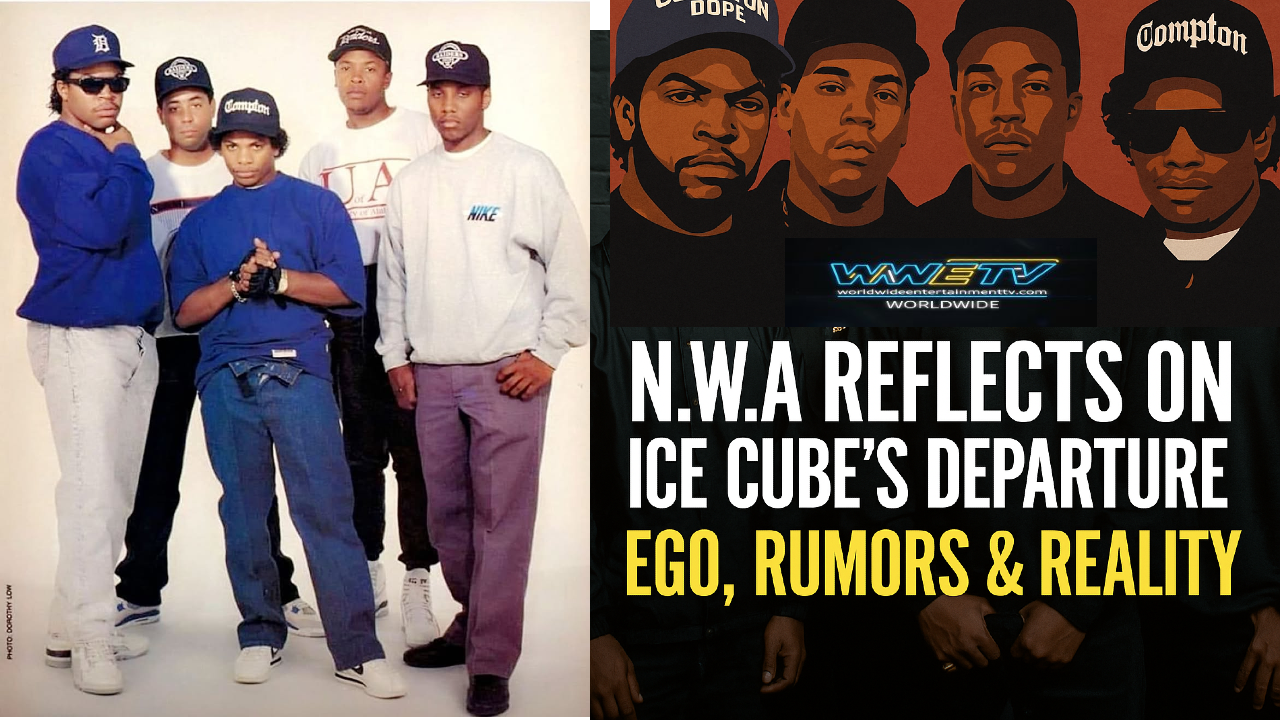
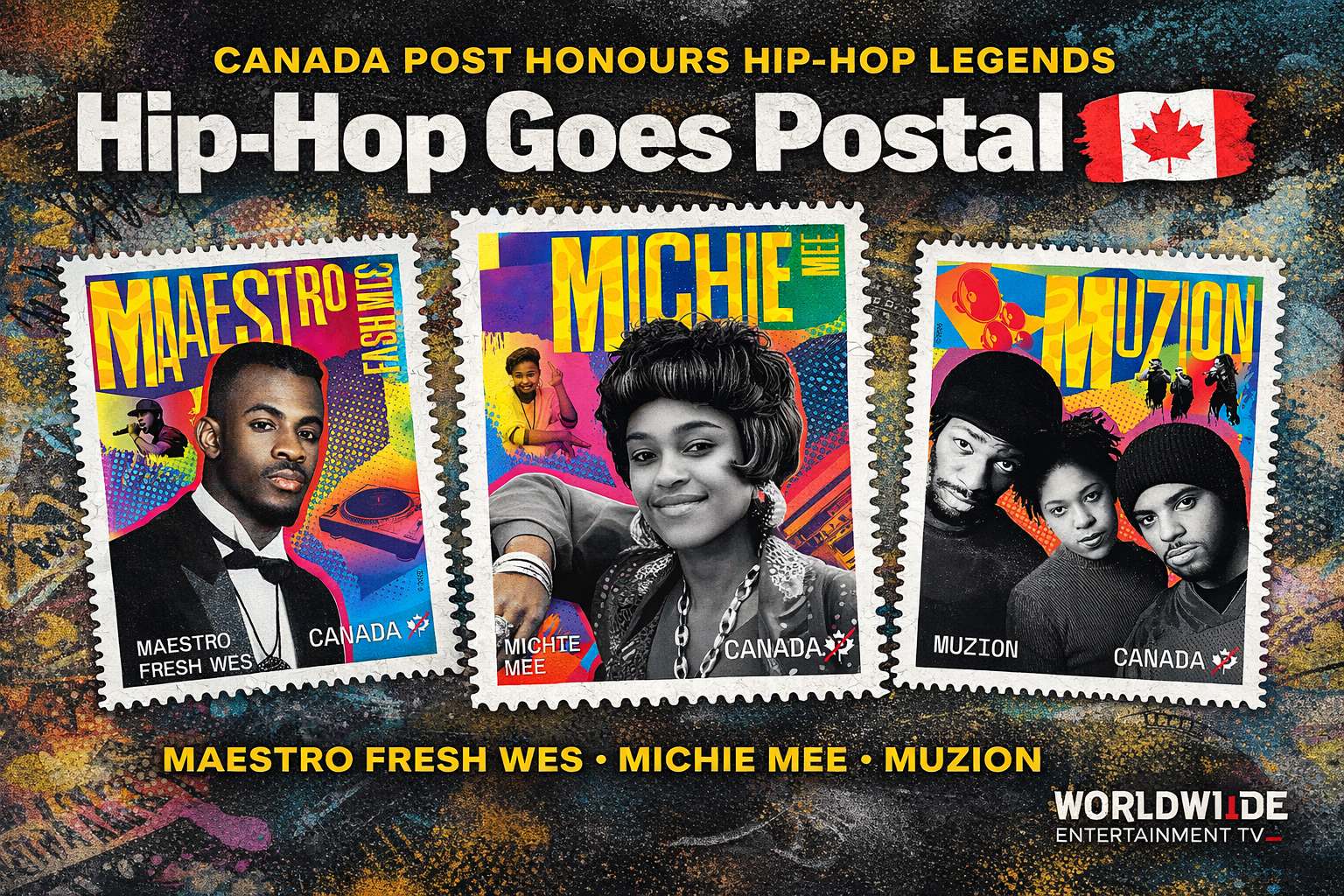
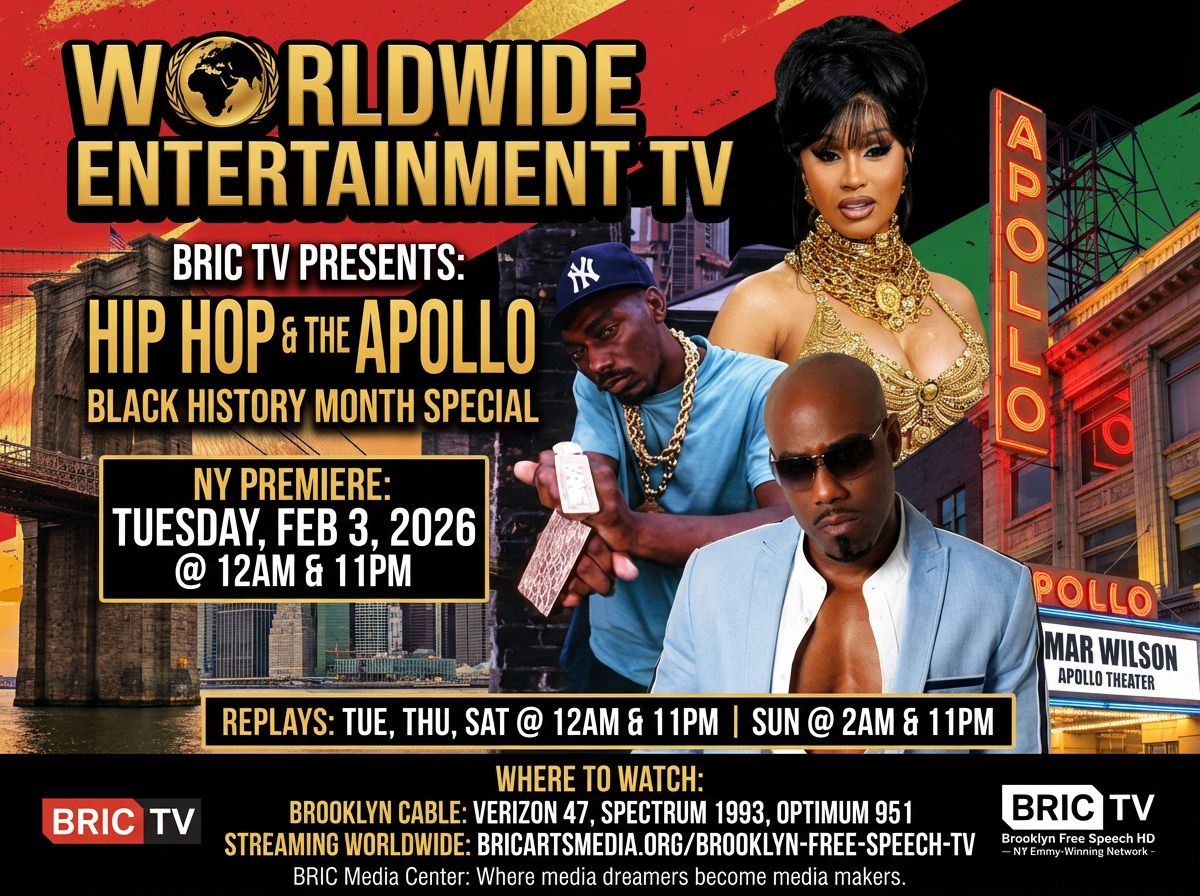
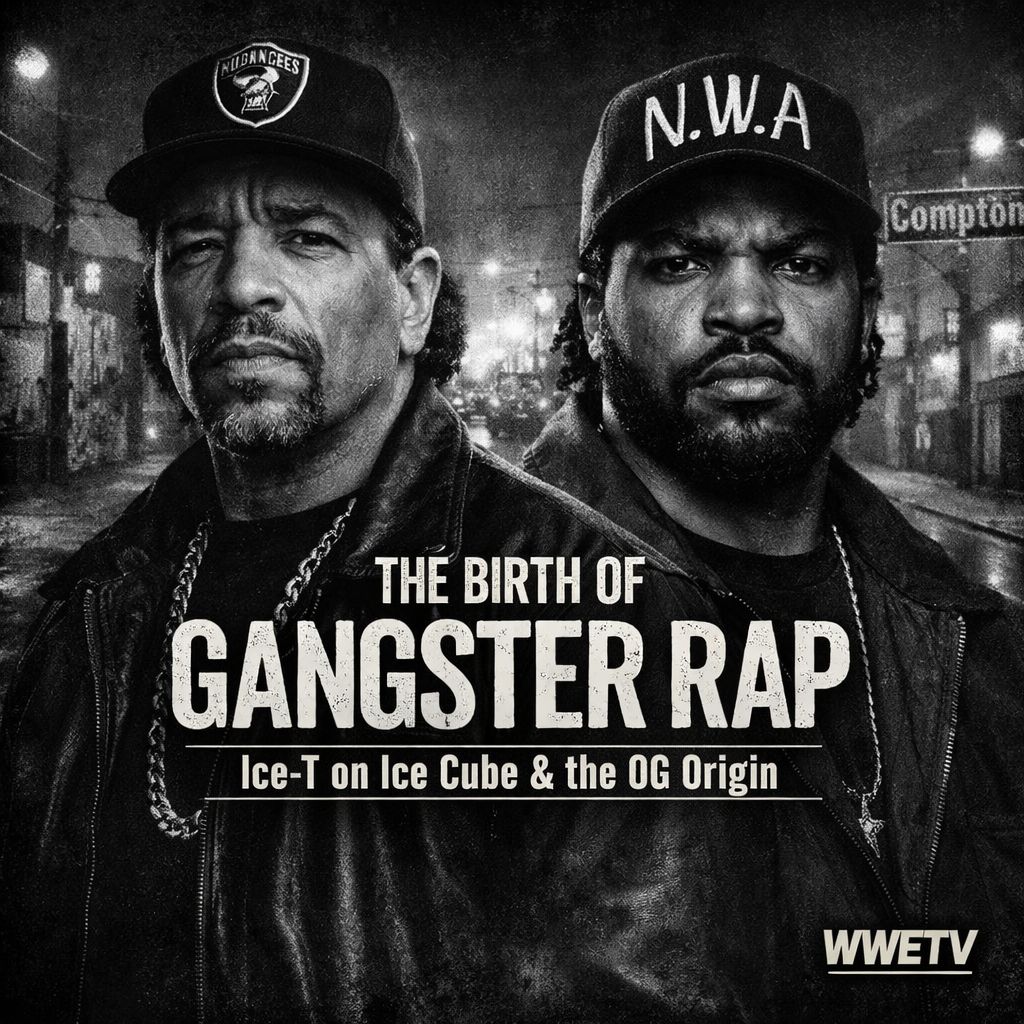



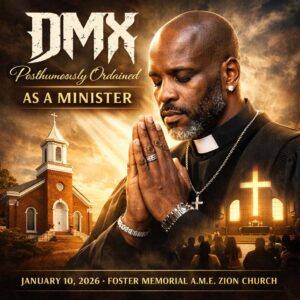
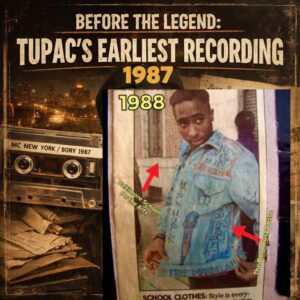
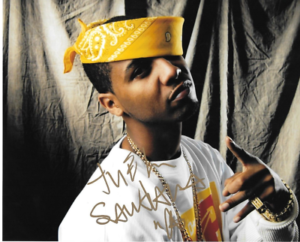
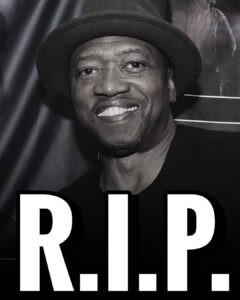

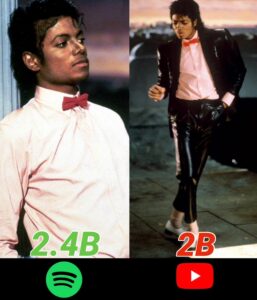
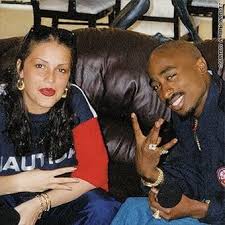
Post Comment